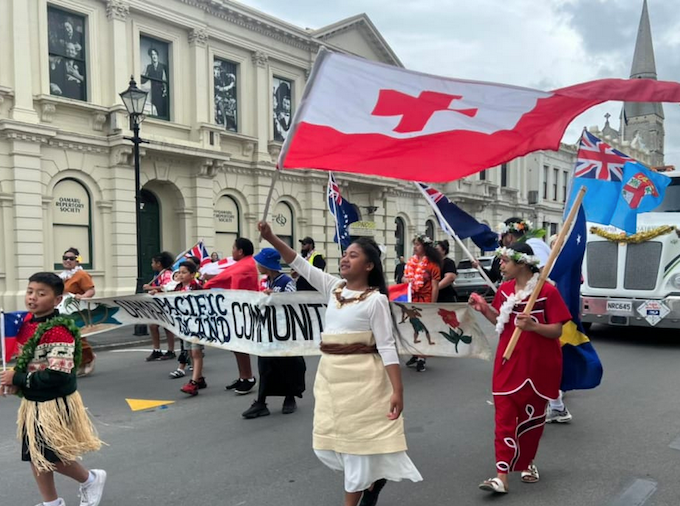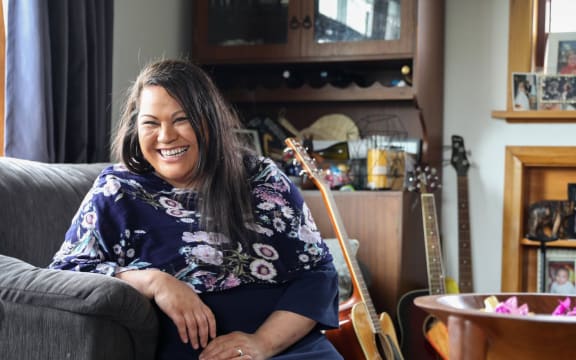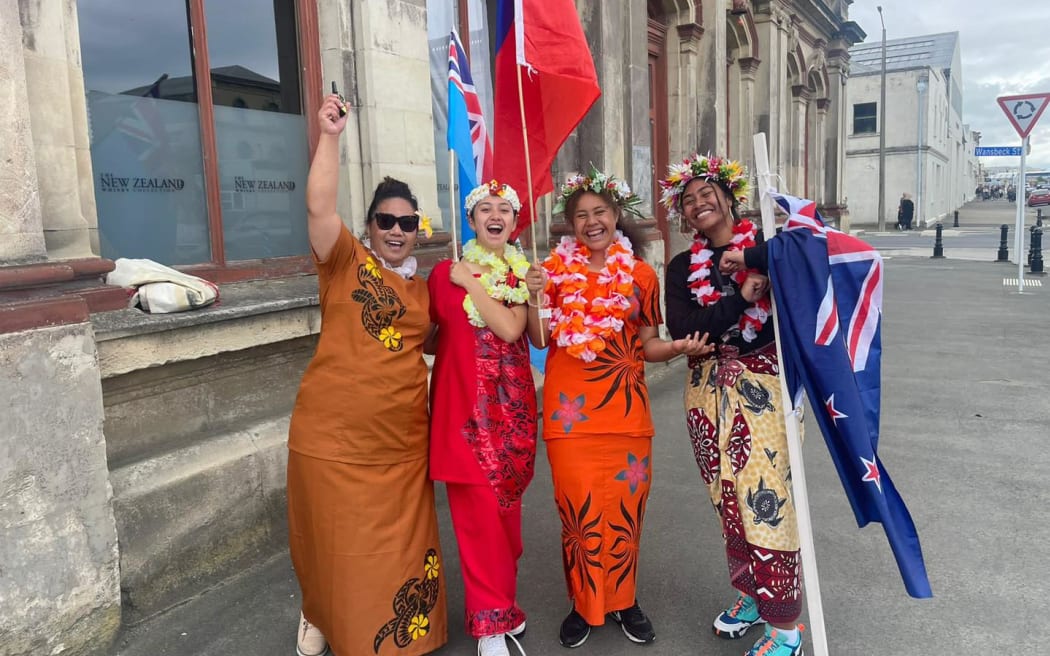
By Eleisha Foon, RNZ Pacific journalist
A Pacific leader in New Zealand’s South Island wants the future government to prioritise bridging the Pacific pay-gap.
Reverend Alofa Lale said her church community in Dunedin struggled to afford basic needs and said people needed higher wages to survive.
“There is a big Pacific pay gap that needs to be bridged and bring wages up to parity with non-Pacific.”
A Pacific Pay Gap Inquiry found that in 2021, for every dollar earned by a Pākehā man, Pacific men were paid 81 cents and Pacific women 75 cents, making them the lowest on the pay scale.
The call for better working conditions and equal pay for Pacific workers dates back to the 1970s, led by the Polynesian Panthers, and still continues today.
The demand comes as Pacific community leaders in the South Island have weighed in on the political debate as New Zealand heads for an election on October 14.
The South Island has one of the fastest-growing Pacific populations in the country.
Thriving Pacific community
The town of Oamaru has a thriving Pacific community, which makes up 20 percent of the town’s population of 14,000.
The largest town in the Waitaki District boasts a large Tongan community followed by the second largest Tuvalu and then Fijian and Samoan.

Hana Halalele, Waitaki District’s first Pasifika deputy mayor, said the Oamaru Pacific Island Community Group is the go-to hub for many Pasifika there.
Many of those families have come from Auckland for work, with many taking up jobs in the dairy and horticulture sector.
Halalele said people were asking for a government that could provide meaningful relief to address the cost of living crisis.
“Groceries are really expensive… there’s increases with interest rates and rental payments are more for a lot of families.”
She said it was also a challenging time for RSE workers especially during the current off season.
Away from families
Many Pacific workers were away from their families and were “not eligible for any support from Work and Income.”
In Christchurch, many young Pasifika faced their own set of challenges. Twelve years on, many were still dealing with long-term impacts and trauma from the February 2011, Christchurch earthquakes.
The University of Canterbury director of Māori, Pacific and Rainbow Student Services, Riki Welsh, said future governments must “prioritise more Pacific-based research” and focus on the “mental health impacts of the Christchurch earthquakes.”
He said, overall, the Ministry of Pacific Peoples (MPP) under Labour had been fruitful for Pasifika in the South Island.
He was pleased about the introduction of language weeks and the benefit of Pacific celebrations which reinforced cultural identity and united communities.

The ACT party which could form a government with the National Party, planned to disestablish MPP, something Welsh said would be harmful for Pacific progress.
“I do worry about a government that may remove some of the agencies that have helped increase cultural identity . . . I think the South Island would suffer worse than the North Island because there are fewer of us here.”
‘Still have faith’ in Labour
Reverend Alofa Lale said people had a lot to consider come this election, but usually “align themselves with Labour”.
Although people “still have faith” in the party, people questioned whether it was still the best choice.
“It is the party that looks after you but I think people are lacking a bit of confidence.”
Unlike Auckland and Wellington, people living in rural South Island and small towns experienced their own set of health challenges.
Invercargill-based surgeon Dr George Ngai was concerned about the government’s debt and ability to focus on people’s health needs.
He said, he felt let down that “many of the government policies had not turned into action”.
Accessibility to GPs and hospitals was a major barrier, Dr Ngai said.
“The main need is to have medical care. This is a widespread problem but it is more acute with more serious problems in the Pasifika community.”
Pacific community leaders will be visiting hotspots around the South Island in the coming weeks to provide civic education for eligible voters ahead of the October poll.
This article is republished under a community partnership agreement with RNZ.







































